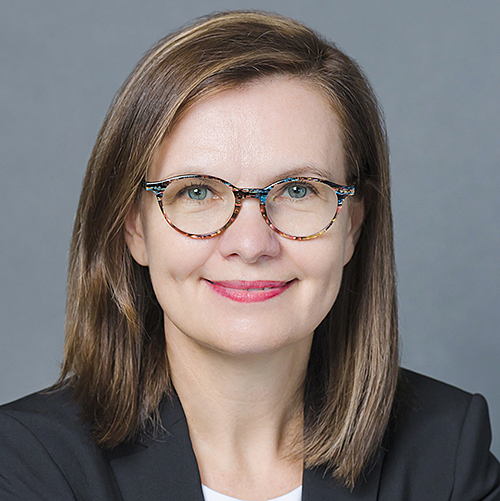Large institutional investors are likely to make significant shifts in asset allocation in 2015 in response to divergent market and macro-economic trends, a new BlackRock survey has found.
The poll of 169 of BlackRock's largest institutional clients representing US$8 trillion in assets, found these investors are focused on growth rates in developed economies, divergent monetary policies and the potential for deflation. As a result, respondents predicted significant moves in their portfolios towards alternative investments and less traditional fixed income strategies that aim to provide returns across varying market conditions. Senior investment professionals at the surveyed institutions also expressed concerns about escalating geo-political tensions.
"Mixed economic growth forecasts and shifting monetary policies are significant challenges for our clients. These conditions are testing investors' ability to generate sufficient returns to meet their long-term liabilities," commented Mark McCombe, senior managing director and global head of BlackRock's institutional client business. "In today's environment, we advocate proactive risk management. We believe institutional investors should also consider alternative and non-traditional asset allocations, particularly longer dated ones that allow institutions to ride out the expected near-term volatility."
Investors are challenged by historically low interest rates and patchy economic growth in many developed economies, although they retain near universal confidence in central bank policy, according to the survey.
Investors are anticipating continued low rates with 74% believing it was unlikely the US 10-year treasury note would rise above a 3.5% yield over the next year, while 88% also believe it is unlikely the Fed will tighten too much too soon. Meanwhile, 56% believe Europe will likely enter a deflationary regime. However, 63% believe that the European Central Bank will maintain its credibility with investors. More than two-thirds of respondents (69%) believe China's growth will dip below 7%.
Senior investment professionals expressed increased appetite for allocations to real assets, real estate, private equity and unconstrained fixed income. Six in 10 anticipate increasing allocations to real assets and approximately half plan to add to real estate (50%) and private equity (47%). Conversely, more than a quarter (26%) anticipate decreasing allocations to cash and 39% will decrease investment in fixed income. Fixed income portfolios are also changing, as many investors are moving out of core and long duration strategies while increasing allocations to unconstrained (35%), emerging market debt (38%), US bank loans (33%) and securitized assets (23%).
McCombe added: "The trend towards alternatives isn't new, but what is surprising is the level of conviction institutions towards physical assets like real estate and infrastructure. We believe many institutions are structurally under-invested in real assets, and it is great to see they are more bullish on these strategies than they were 12 months ago. The moves in fixed income are also significant and highlight the importance of manager selection and mandate flexibility in a time of yield scarcity."
In Asia-Pacific, institutions are showing similar appetites for increasing allocations in real assets (64%), real estate (54%) and private equity (43%) as their global peers while 44% of them anticipate moving out of fixed income. Within fixed income, allocations to high yield and long duration are expected to decrease, with unconstrained (41%), emerging markets (38%) and short duration (32%) gaining favour.
US and Canada respondents' reactions to the sustained bull market in equities were to reduce their exposure with 39% indicating they would decrease equity allocations. Additionally, 20% of respondents in this region are planning on reducing cash holdings. As with their counterparts around the world, alternative strategies and assets are attracting interest, with more than a third of the respondents saying they would increase investment in private equity (46%), real estate (34%) and real assets (53%).
In Europe, senior investors were even more bullish on real assets and real estate. 69% anticipate increasing allocations to real assets against 2% saying they would decrease allocations, while 66% plan to add to real estate versus 9% who said they would decrease allocations. 36% intend to increase allocations to private equity against 14% who would decrease, while contrary to the global trend a net 9% said they would increase allocations to public equities (40% to increase versus 31% to decrease).
In fixed income, European institutions again demonstrated high convictions regarding moving out of core and long duration investments into unconstrained 47% increase, emerging market debt (44%) and US bank loan strategies (47%).









